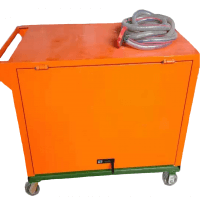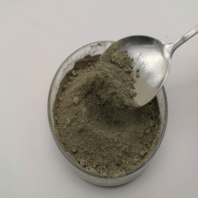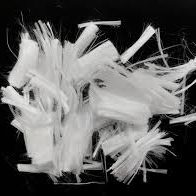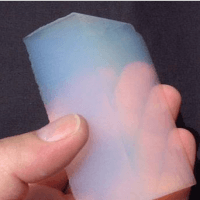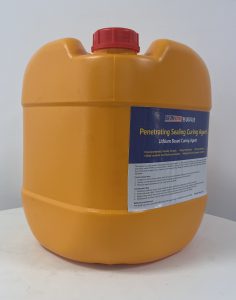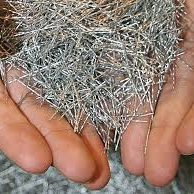Professional solutions on concrete addtives, Concrete Foaming Agent, Superplasticizer, CLC Blocks Additives, and foaming machine
(What does the foaming agents for cement affect the effectiveness of foaming the cement?)
What does the foaming agents for cement affect the effectiveness of foaming the cement?
Overall, cement foaming agent influence many performance indicators such as cement strength, water absorption, pouring height, density, and thermal conductivity.
What is cement foaming agent?
Cement foaming agent is a main material for foaming cement, and selecting the right cement foaming agent is depended on whether to produce foaming. There are many kinds of cement foaming agents on the market now, and their prices also vary much. Many people are blind in selecting foaming agents or choose whichever one is cheaper. Actually, the cost of cement foaming agent in foam concrete is the lowest. If we choose cement foaming agent by price alone, we think it is not advisable.
Nowadays, cement foaming agents on the market are generally divided into synthetic cement foaming agents, animal and plant protein cement foaming agents, composite cement foaming agents, and rosin soap cement foaming agents. Each of these types of foaming agents has its own advantages and disadvantages. Among them, synthetic cement foaming agents are widely used due to their low price, especially in the roof insulation market. Transparent and low-cost foaming agents are commonly seen as this type of foaming agent. The main reason for this is that the roof insulation market does not emphasize quality. In the words of the construction unit itself, "roof insulation is just a tofu residue project." However, if this continues, the market will eventually fail.
Animal protein cement foaming agent has the advantage of good foam stability and closed cell rate. The foaming power and stability of plant-based cement foaming agents are relatively balanced.
In many people's minds, the idea that cement foaming agents are only foaming and reducing density is very one-sided. Cement foaming agents are actually related to the strength, thermal conductivity, solidification rate, water absorption, pouring height and other properties of foamed cement. Therefore, when selecting cement foaming agents, one should not solely consider their price, but rather the overall cost. The cost of cement in foamed cement occupied more. How to reduce the cost of cement is the main problem of reducing the cost of foamed cement. How to reduce the cost of cement can be achieved by increasing its strength and reducing the amount of cement used. The strength of foamed cement with the same density has been improved. If the strength remains unchanged, the cement dosage can be reduced, and the density can also reach the original strength. For example, the strength of the original 400 density foam concrete is 0.6 mpa, but the strength can be increased to 350 to 0.6 mpa. This saves 50 kg of cement, the strength is reached, and the thermal insulation performance is also improved. One of the best ways is to choose a good cement foaming agent.
Impact of foaming agents for cement on the properties of cement that has been foamedStrength
The strength of foam cement is a key indicator. Foam cement is an artificial stone material that has been foamed, and its density is low. The strength naturally decreases with it, and the low density strength decreases even more. How to improve the strength of foamed cement has become a key factor in improving its performance. Choosing a good quality cement foaming agent can effectively enhance the strength of foamed cement. A great cement foaming agent can form bright closed pores in the foaming cement, greatly improving the compactness of the foam wall and thus enhancing its strength. Good cement foaming agents can be used at low water cement ratios, and the lower the water cement ratio, the higher the strength. Up to now, many cement foaming agents on the market can only be applied under high water cement ratio, which is the main reason why many construction teams use high water cement ratio for construction. It looks like porridge, and it is also said that this is "self leveling", which sacrifices the strength of foaming cement, and has become a "bean decay project". The compatibility between cement foaming agent and cement also influences its strength. If the foaming agent does not match with cement, the most common problem is that the foaming agent becomes the isolation layer of cement, forming a "false setting" phenomenon. In fact, it does not solidify, forming an isolation layer that prevents the cement from fully reacting, resulting in the product being particularly "crisp" and lacking in strength.
Water absorption rate
At present, many foamed cement products on the market have very high water absorption, some up to 50%. The reason is that the foamed cement has low closed cell rate, and through holes are formed due to channeling and poor stability of cement foaming agent foam. This is all due to the low closure rate of cement foaming agents, so a good quality cement foaming agent can make the water absorption rate of foamed cement products low.
Pouring height
The pouring height of foaming cement is directly related to the foam stability of cement foaming agent. The higher the pouring height is, the higher the stability of cement foaming agent foam is, and vice versa. The higher the pouring height is, the greater the pressure of slurry on foam will be. If the stability of foam is poor, it will collapse.
Density
The key to control the density of foamed cement is the amount of foam added, so the direct factor affecting the density is the cement foaming agent. The more stable the cement foaming agent foam is, the better the density can be controlled, and the more low-density foamed cement can be produced. On the contrary, if the stability of cement foaming agent is not suitable, a density of 400 and pour it into 500 kilograms can possibly be designed . It is also possible that the density is different between the top and bottom, which is uneven in density. This problem is more obvious in wall pouring.
Thermal conductivity
The most direct influencing factor on thermal conductivity is the density of foamed cement, and the key factor for density control is the cement foaming agent. In order to correct misconceptions in the industry, it is widely believed that thermal conductivity is directly related to porosity. In fact, according to our inspection of foam concrete test blocks with different closed cell rates and densities of 200kg/m3, it is found that the thermal conductivity of high closed cell rate is 0.059 compared with low closed cell rate.
Supplier
TRUNNANO is a cement foaming agent supplier with over 12 years experience in nano-building energy conservation and nanotechnology development. We accept payment via Credit Card, T/T, West Union and Paypal. Trunnano will ship the goods to customers overseas through FedEx, DHL, by air, or by sea. If you are looking for high quality cement foaming agent, please feel free to contact and send an inquiry.
(What does the foaming agents for cement affect the effectiveness of foaming the cement?)


